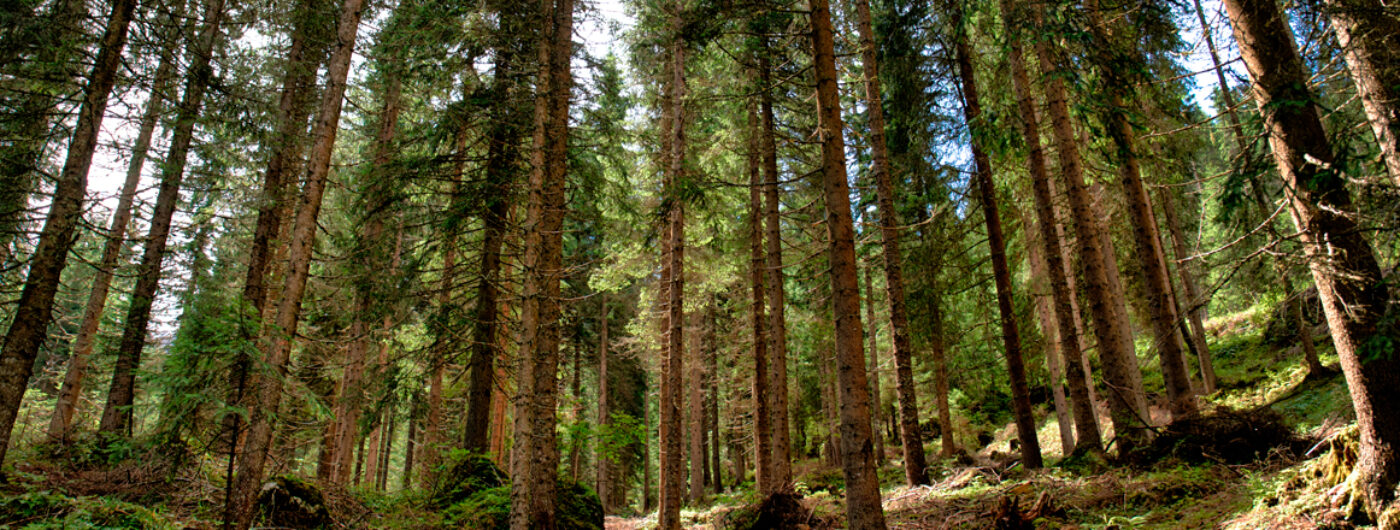
7th Mediterranean Forest Week, 21- 25 March 2022-Forest and ecosystem restoration for the next Mediterranean generations
21- 25 March 2022– Antalya, Turkey- Mediterranean forests are part of multifaceted landscapes but strongly affected by centuries of human intervention. Despite an increase of 1.8 million hectares of forest between 2010 and 2015, there are 80 million hectares of degraded land, including forests, in the Mediterranean.
The Union for the Mediterranean joint efforts with the Food and Agriculture Organisation (FAO) to organise a side event that will take place on the 21st March, at 5:00 pm, focusing on scaling up forest and landscape restoration practices to reverse biodiversity loss and promote joint mitigation and adaptation approaches in the Mediterranean region and other commitments, such as the Convention on Biological Diversity and Bonn Challenge.
Mediterranean forests provide valuable non-wood forest products (cork, chestnut, nuts, resins, mushrooms, aromatic and medicinal plants) and multiple ecosystem services (soil erosion control, water regulation, carbon sequestration, biodiversity conservation, microclimate regulation), some, but not all, have been included in robust value chains to reach the market. For instance, economic benefits could be derived from non-wood forest products and services that forests can provide, although several bottlenecks need to be solved to have these values recognized.
Building a bridge between the forest and the labour force of young Mediterranean people can make a difference and give value to the goods and services provided by forests, while implementing forest-based solutions. Improving the social perception of forestry, directing forest management towards participatory approaches and co-management, better communicating on forestry, and aligning forestry education and training with current challenges are key activities in this regard. Furthermore, in order to bridge the afore-mentioned gap, one must open the circle and add components like cities, crops, watersheds, and all those components, which are not part of the forest but interact and interdepend with forests at the landscape level.
The side event will present the results of two components:
- One regional Mediterranean component, benefiting UfM Member States to enhance national capacities to successfully plan, implement and monitor large-scale programmes based on FLR to achieve countries’ NDCs;
- Two national components, as the project implement activities in pilot sites in Morocco (Maâmora forest and Ifrane model forest) and Lebanon (Shouf Biosphere Reserve rangeland areas in Beqaa Valley and Mount Lebanon).
In 1.5 hours, this session will include four interventions, presented by representatives of UfM, FAO FLRM, partner countries (Lebanon and Morocco) and a Q&A session:
- Alessandra Sensi Head of Environment and Blue Economy at the Secretariat of the Union for the Mediterranean (UfM), will set the scene and show how the Mediterranean region is placed in the regional and international dynamic related to the climate and biodiversity agenda;
FAO-FLRM will present the project and its components;
- The representatives from Morocco will present
- i) the revision of the NDC forestry
- ii) the participatory management plan to restore degraded land in the Maâmora forest and Ifrane Model forest;
- The representatives from Lebanon will present
- i) the technical tools developed to support the inclusion of FLR into the NDC and to estimate GHG capture through FLR projects
- ii) the work done in the field on the rangelands management plans.
This action is supporting the joint priority axe of work from the Environment Agenda of the UfM: ‘Protect, preserve, manage and restore natural resources in the Mediterranean region within an integrated ecosystem approach, including terrestrial, marine and coastal dimensions’.

